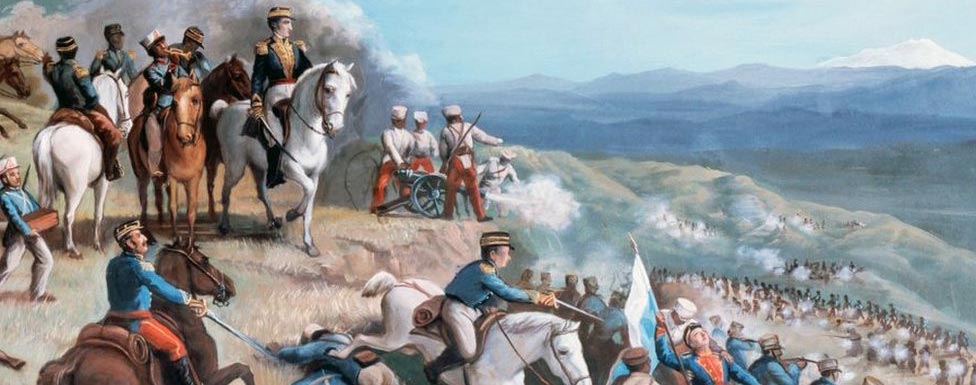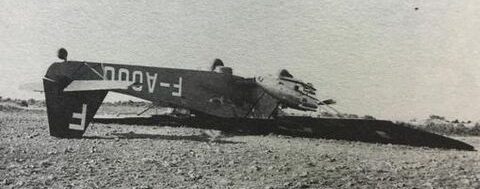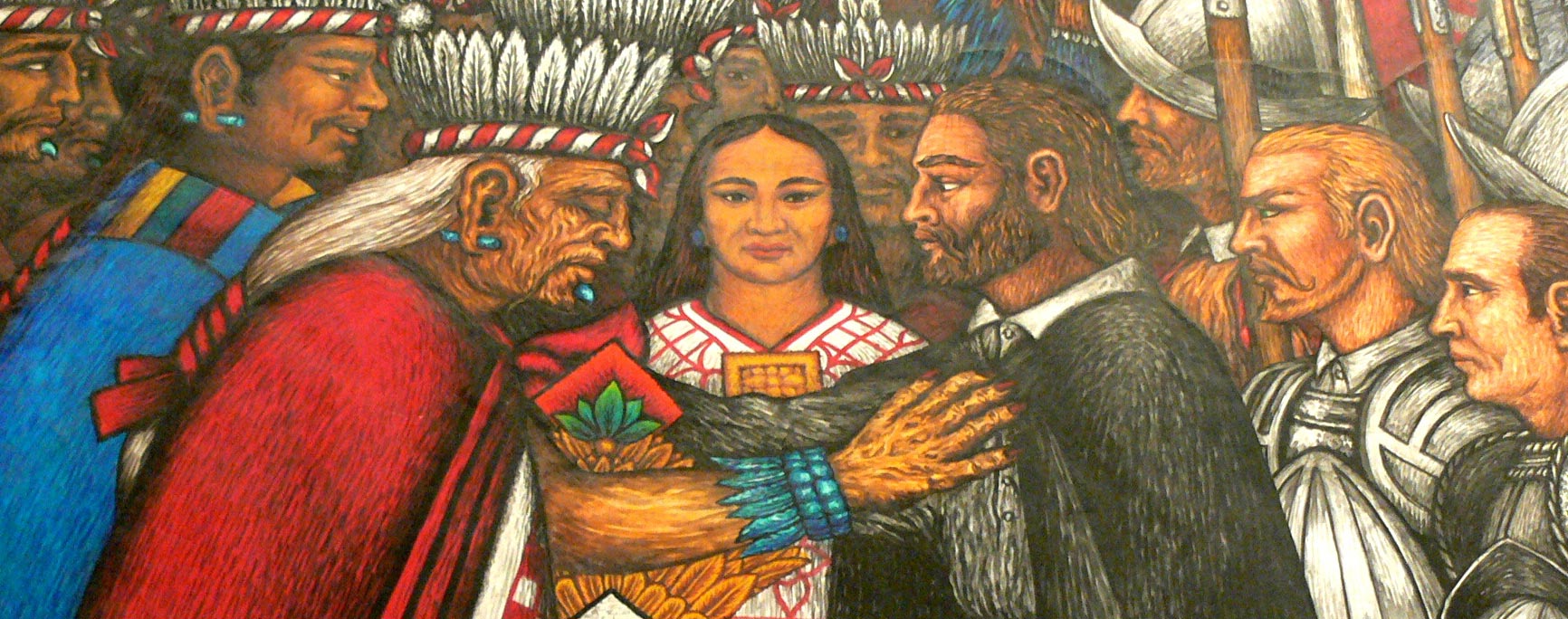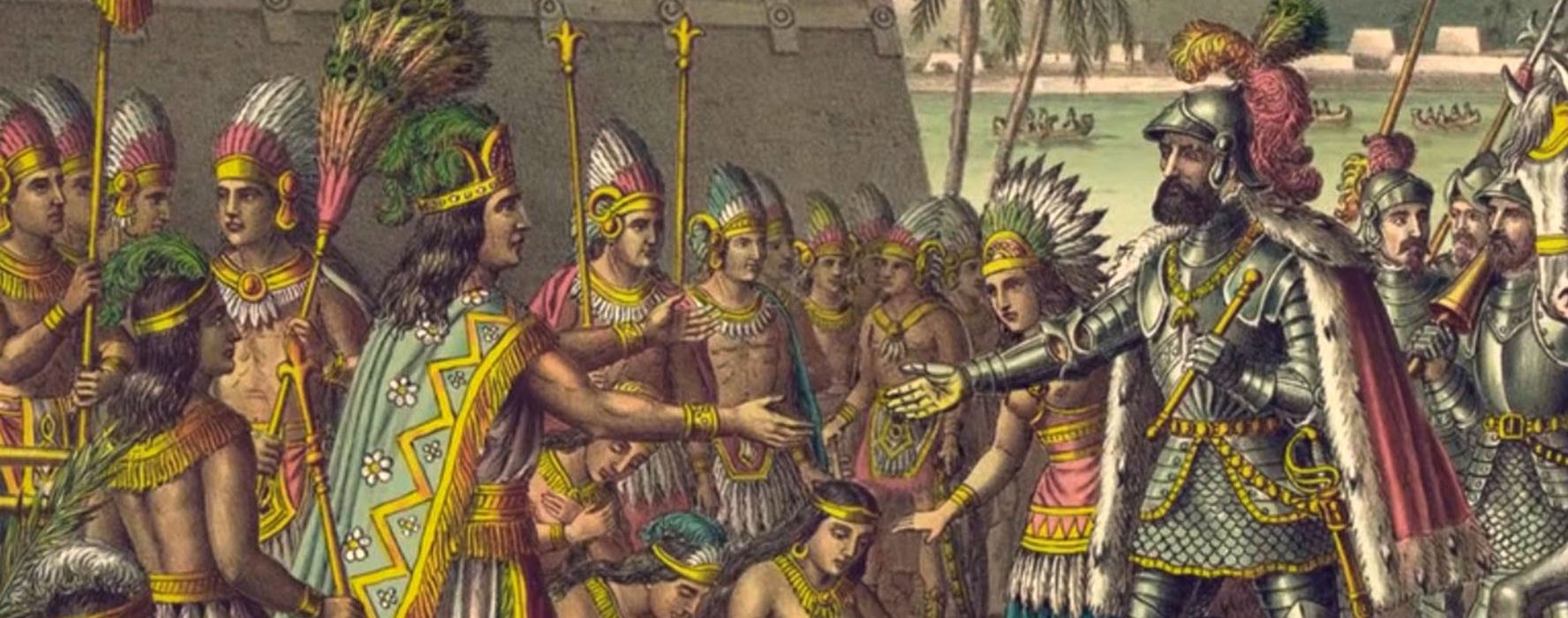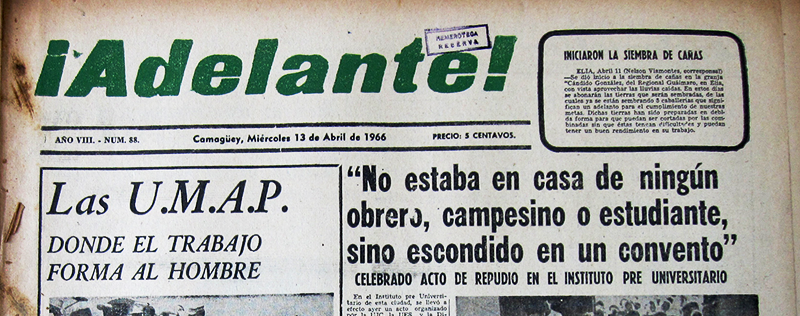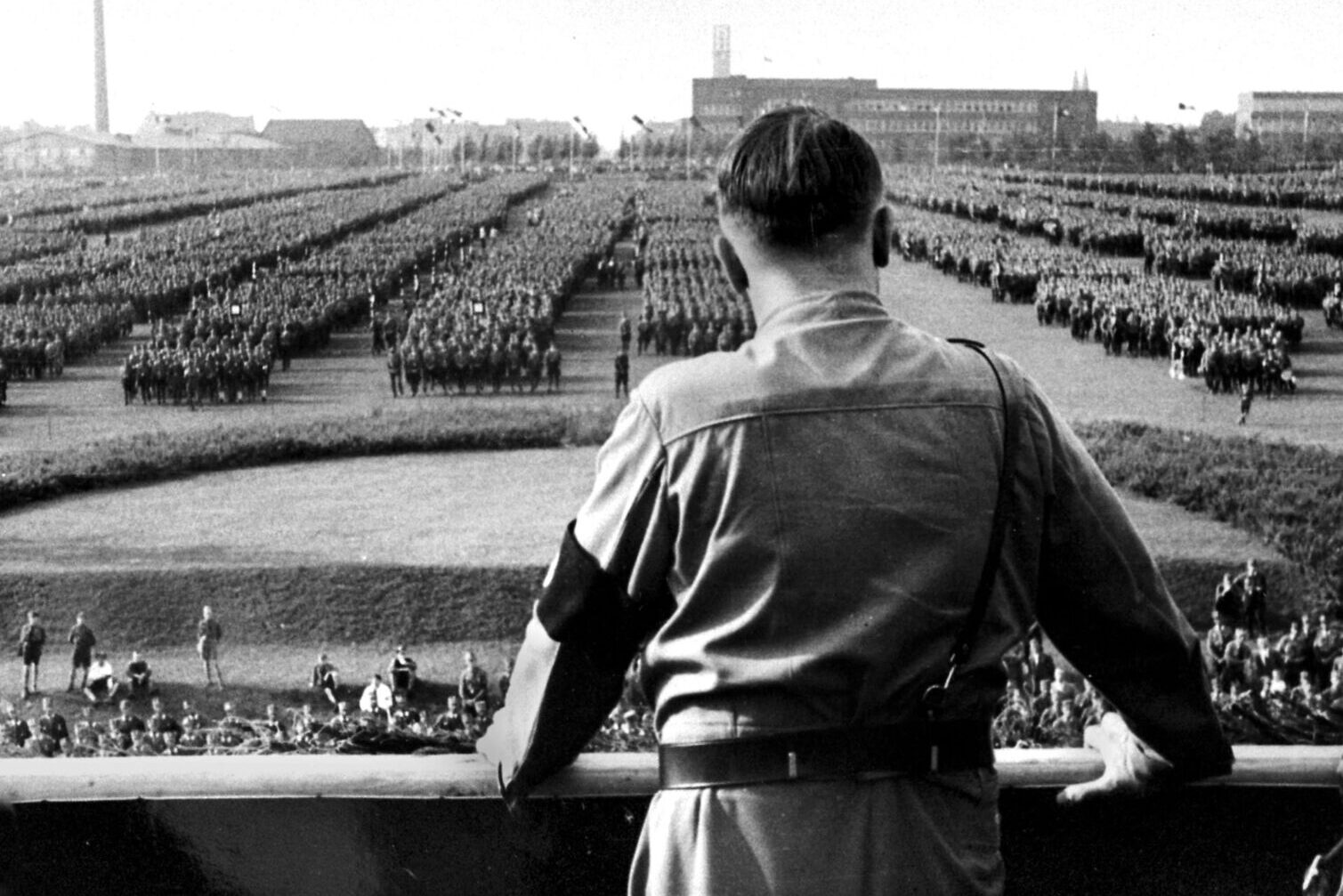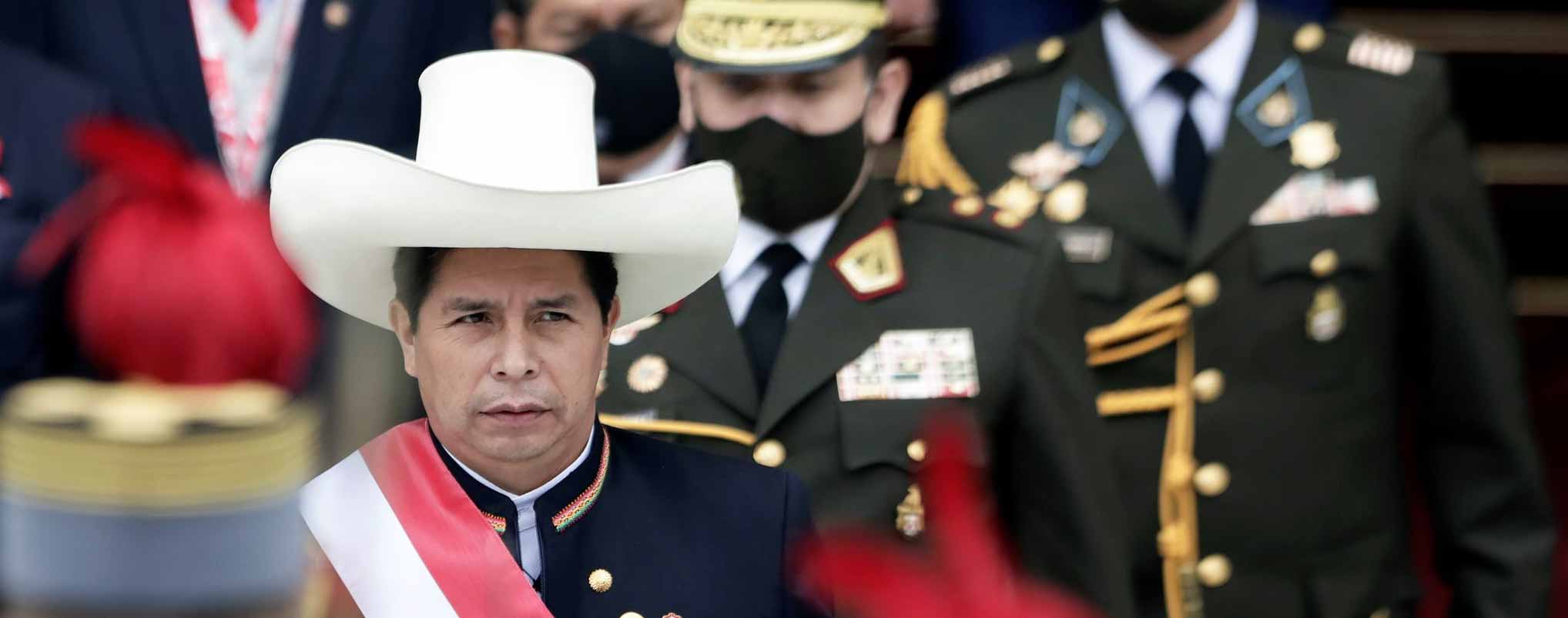Source:hispanismo.cl
Pasto was a mestizo town in present-day Colombia that in the war of emancipation tenaciously opposed Bolivar’s revolution; they were loyal subjects of the King. Thus, under the orders of Agustín Agualongo, they fought tenaciously with sticks and machetes despite the meagre resources at their disposal.
The following is an account of the terrible events of Christmas 1822 in the town of Pasto by the journalist and historian Enrique Herrera.
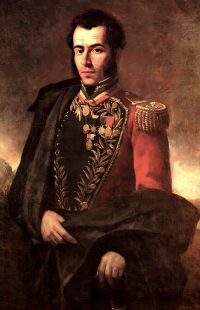
Antonio José de Sucre. Elliptical Hall of the National Capitol. Oil on canvas. Federal Legislative Palace, Caracas, Venezuela
In this context, in 1822, Simón Bolívar commissioned Sucre to exterminate the population. In a letter he wrote to Santander:
Because you must know that the Pastusos are the most demonic devils that have ever come out of hell. The Pastusos must be annihilated and their women and children transported elsewhere, giving that country to a military colony, otherwise Colombia will remember the Pastusos when there is the slightest commotion, even if it is a hundred years from now, because they will never forget our ravages, even if they are too well deserved.
One witness, General José María Obando, said:
It is not known how such a moral, humane and enlightened man as General Sucre could have taken the highly impolitic and cruel measure of delivering that city to many days of looting, murder and all the iniquity that armed licence is capable of; the doors of the houses were opened with the barrage of rifles to kill the owner, the father, the wife, the brother and make the brutal soldier the owner of the property, of the daughters, the sisters, the wives; There was a mother who, in her spite, went out into the street taking her daughter by the hand to hand her over to a white soldier before another black soldier could dispose of her innocence; temples full of warehouses and refugees were also assaulted and looted; decency refuses to refer to so many acts of immorality as minor.
From General Daniel Florencio O’Leary, Simón Bolívar’s private secretary, we learn that: “In the horrible slaughter that followed, soldiers and countrymen, men and women, were promiscuously slaughtered”. And Dr. José Rafael Sañudo tells us that:
The Republicans indulged in three days of looting, murdering the defenceless, robbery and other outrages to the point of destroying, like barbarians, the public archives and parish books, thus blinding such important historical sources. The slaughter of men, women and children took place even though they took refuge in the temples, and the streets were covered with the corpses of the inhabitants.
Another doctor, Roberto Botero Saldarriaga, reports that:
…they slit the throats of the defeated, men and women, indiscriminately, on the same places that they had taken after a hard fight. The following day, 400 corpses of the unfortunate Pastusians, men and women, abandoned in the streets and fields surrounding the town, with their big eyes serenely open towards the sky, seemed to listen in rapt attention to the Pax Omnibus, intoned by the priests in the Christmas rites on the day of the birth of Jesus.
Another doctor, Leopoldo López Álvarez, informs us that:
Once the city was occupied, Sucre’s soldiers of the Rifles battalion (English “Volunteers”) committed all kinds of violence. The temples themselves were death camps. In the Iglesia Matriz they smashed the head of the octogenarian Galvis with a stone, and the churches of Santiago and San Francisco witnessed similar scenes.
Dr. Ignacio Rodríguez Guerrero assures us that:
Nothing is comparable in the history of America to the vandalism, ruin and mockery of what is most respectable and sacred in the life of man, to which the city was subjected on 24 December 1822 by the Rifles battalion, in retaliation for Sucre’s defeat at Taindala a month earlier, at the hands of the Pastuso mob armed with stones, sticks and hunting shotguns.
Their only crime: to be loyal to the great Spain, and to their kingdom.
Share this article
On This Day
- 1503 Battle of Cerignola (Italy).
- 1522 Santiago de Cuba is granted the city status by Carlos I.
- 1589 Margarita de Saboya is born.
- 1611 Archbishop Miguel de Benavides founded the University of St Thomas in Manila.
- 1777 José Primo de Rivera, Hero of the Sieges, was born in Algeciras.
History of Spain
26 August 2020
27 January 2021
Communism: Now and Then
23 December 2022
28 July 2021
